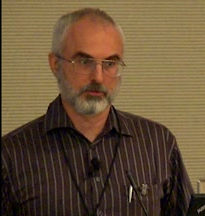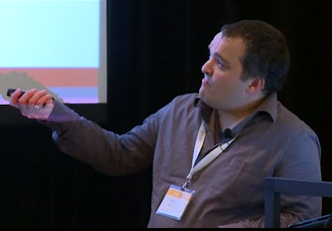N4550: Record of Response: National Body Comments ISO/IEC PDTS 19217: Concepts -- Barry Hedquist
New WG21 papers are available. If you are not a committee member, please use the comments section below or the std-proposals forum for public discussion.
Document number: N4550
Date: 2015-07-25
Record of Response: National Body Comments ISO/IEC PDTS 19217 Technical Specification: C++ Extensions for Concepts
by Barry Hedquist


 Have you registered for CppCon 2015 in September? Don’t delay –
Have you registered for CppCon 2015 in September? Don’t delay –  Have you registered for CppCon 2015 in September? Don’t delay –
Have you registered for CppCon 2015 in September? Don’t delay –  Have you registered for CppCon 2015 in September? Don’t delay –
Have you registered for CppCon 2015 in September? Don’t delay –